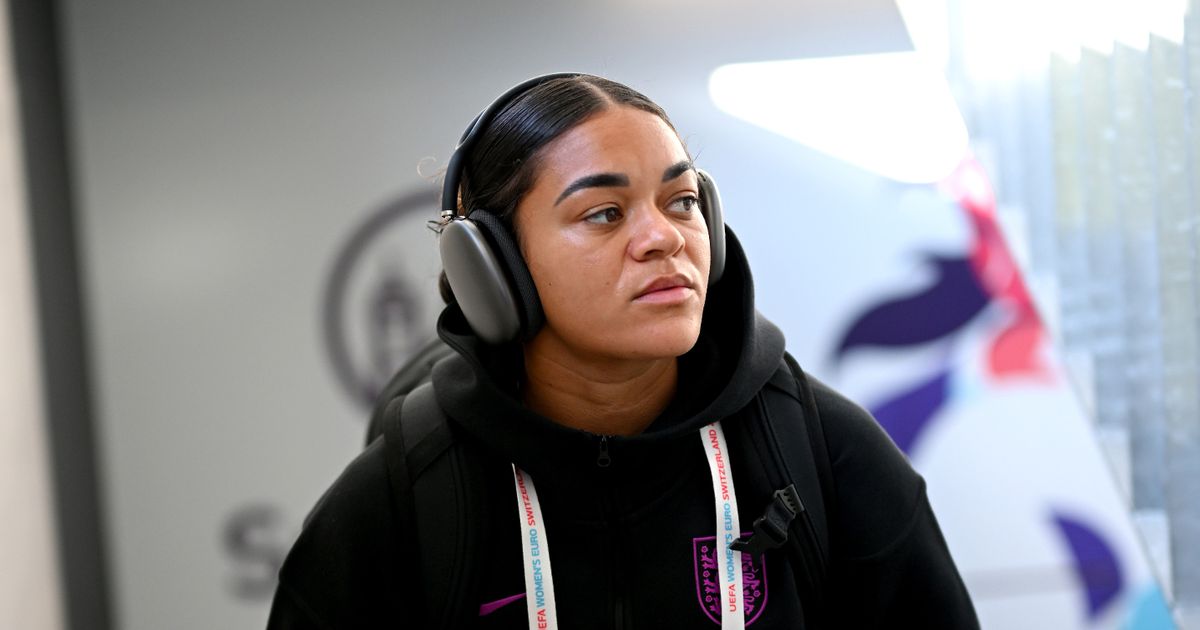
“March of Honour”: Police Backs Retirees’ Protest, Sets Records Straight Amidst Rising Tensions

In an unprecedented move reflective of a new era of transparency and reform within the Nigeria Police Force, the Force Headquarters has formally addressed the planned protest by retired officers over long-standing pension grievances, describing it as a dignified expression of rights rather than an act of rebellion. The protest, scheduled for Monday, July 21, 2025, and already dubbed “the mother of all peaceful protests,” is expected to take place primarily within the Federal Capital Territory (FCT) and other notified state commands across the country.
The Force’s statement, signed by its spokesperson ACP Olumuyiwa Adejobi on behalf of the Inspector-General of Police, attempts to calm the waters stirred by an ongoing debate surrounding the welfare of retired personnel under the Contributory Pension Scheme (CPS). While confirming the legitimacy of the grievances, the statement also pointed fingers at unnamed actors accused of politicizing the situation, misinforming the public, and weaponizing the concerns of retirees to discredit both government and police leadership.
“It is disheartening to observe how certain actors have chosen to politicise a sensitive welfare issue, weaponizing the legitimate grievances of our retired colleagues for ulterior motives,” the release read. The Police Force emphasized that their primary concern remains the wellbeing of those who once put their lives on the line for national security and stability.
The issue of police pensions under the CPS is not new. According to the statement, the agitation to exit the scheme has lingered for over a decade, with successive Inspectors-General demonstrating continued empathy and effort toward resolution. However, entrenched statutory provisions and inter-agency constraints have reportedly limited progress. The current Police leadership insists that while the demand is valid, the power to grant such a request lies outside the Force’s jurisdiction.
“The hard truth is that exiting the Police from the CPS lies beyond the remit of any Inspector-General,” the statement declared, adding that the legal, fiscal, and administrative complexities involved require a national policy shift rather than a unilateral police decision.
Despite these limitations, the current Inspector-General is pushing forward with innovative alternatives aimed at immediately easing the retirees' burden. These include leveraging internally generated revenue from police services to supplement pensions, as well as rallying private sector partnerships for targeted enhancement initiatives. Some of these efforts are reportedly already in motion, painting a picture of a more dynamic and responsive leadership within the Force.
In what appears to be a bold departure from previous institutional silence or antagonism toward protests, the Police leadership has instructed all Commissioners of Police nationwide to guarantee a peaceful protest atmosphere. The directive includes providing adequate security for retirees, protecting them from political hijack or infiltration by non-retired agitators, and ensuring maximum respect for their constitutional rights.
The Inspector-General’s command was clear: the protest must be peaceful, exemplary, and serve as a national benchmark for responsible civic engagement. “This is more than a directive; it is a call to institutional responsibility, a test of our maturity, our values, and our discipline,” the Force said, stressing that this demonstration should showcase the Nigeria Police Force as both professional and humane.
Over the past year, the Police Chief has reportedly engaged personally with several retired officers and groups, leading some to withdraw from the planned protest in acknowledgment of ongoing efforts. Still, for those choosing to proceed, the Police assures their full protection and support – a tone that represents a significant shift in law enforcement’s approach to public dissent.
The Police also issued a warning to serving officers, advising them not to be misled by misinformation or swayed by attempts to disrupt institutional ethics and discipline. This caution appears aimed at maintaining internal cohesion while navigating a sensitive chapter in the Force’s history.
In the face of a growing pension crisis within Nigeria’s public sector, the police retirees’ protest has struck a nerve nationally. It represents a larger, looming question about the fate of those who have served their country and are now left to navigate the uncertainties of retirement under a system many consider broken. The fact that the protest is being supported – not suppressed – by the very institution from which the retirees came is not only notable but historic.
The peaceful protest comes against a backdrop of increasing public scrutiny of Nigeria’s pension systems and the welfare of its retired service members. Over the years, the CPS has faced intense criticism from various quarters, particularly uniformed personnel who argue that the scheme fails to reflect the unique risks and sacrifices associated with security service. The Police statement acknowledged these concerns, hinting at an evolving financial landscape where future retirees may enjoy better outcomes – but offered little solace to those already struggling.
For many, the July 21 protest is not just a demand for overdue pensions; it’s a cry for recognition, respect, and reform. It brings to the forefront the broader societal obligation to honour those who have laid the groundwork for today’s relative peace. It also tests the nation’s capacity to listen, to respond, and to evolve without coercion or chaos.
As Nigeria prepares for what could be a landmark demonstration, eyes are on the streets, but more critically, on the system that allowed the grievances to fester for this long. Whether or not this protest achieves immediate financial reform, it has already reshaped the narrative—transforming retired officers from voiceless veterans into dignified advocates of change.
The peaceful march may last only a few hours, but the echoes of its message could reverberate for years to come. The retired officers may no longer wear uniforms, but come Monday, they will be marching in something perhaps more powerful: the collective will to be seen, to be heard, and to finally be valued.


